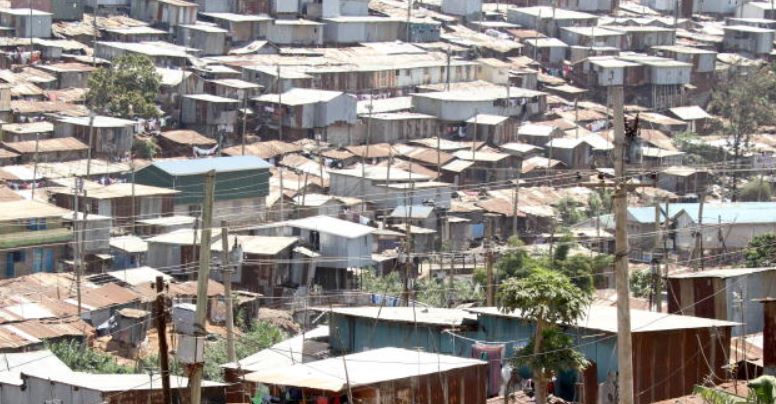×
The Standard e-Paper
Smart Minds Choose Us

The coronavirus pandemic sweeping across the planet will force city authorities and planners to more seriously consider factors such as population density, technology, food security and inadequate housing, urban experts said.